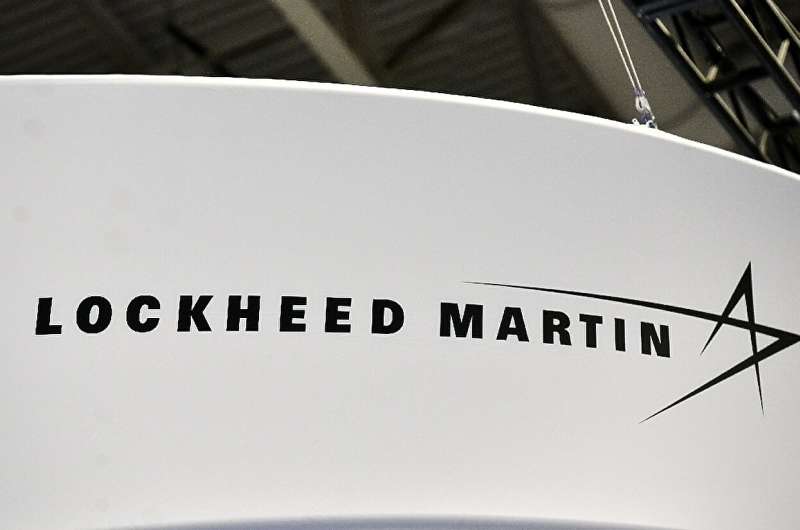NASA picks Lockheed Martin to develop nuclear rocket

NASA and the US military said Wednesday they had selected defense contractor Lockheed Martin to develop a nuclear powered rocket, with a view to using the technology for missions to Mars.
The Demonstration Rocket for Agile Cislunar Operations (DRACO) program may launch as soon as 2027, officials said on a call.
Nuclear thermal propulsion (NTP) systems could cut journey times, increase fuel efficiency, and require less propellant, meaning future spacecraft could carry larger payloads than today's best chemical rockets.
NTP works by pumping a liquid propellant, in DRACO's case cryogenic hydrogen, through a reactor core, where uranium atoms split apart through fission.
The process super heats the propellant, converting it into a gas and funneling it through a nozzle to produce thrust.
"These more powerful and efficient nuclear thermal propulsion systems can provide faster transit times between destinations," said Kirk Shireman, vice president of Lunar Exploration Campaigns at Lockheed Martin Space.
"Reducing transit time is vital for human missions to Mars to limit a crew's exposure to radiation," he added.
BWX Technologies will be responsible for developing the nuclear reactor and propellant.
For safety purposes, DRACO's reactor will not be turned on until the spacecraft has reached a high orbit.
Shireman added that the technology could also "revolutionize" future missions to the Moon, where NASA plans to build long term habitats as part of the Artemis program.
NASA conducted its last nuclear thermal rocket engine tests more than 50 years ago but the program was abandoned due to budget cuts and Cold War tensions.
Lockheed Martin to give NASA, Pentagon nuclear-powered rocket for Mars by 2027
NASA and DARPA collaborated on the DRACO initiative to improve the progress of nuclear thermal rocket technology, which aligns with the goals of both agencies. For NASA, nuclear propulsion is a significant capability required for crewed missions to Mars.
Using a nuclear-powered rocket would enable a quicker and more direct journey to Mars, which would simplify the mission and lower the risks for the crew.
Compared to traditional chemical rockets, this type of rocket can be more than twice as efficient, requiring less propellant and allowing for a greater amount of scientific equipment to be carried. Additionally, a nuclear-powered rocket would provide more power for communication systems and scientific instruments.
Under the new contract, Lockheed Martin will have overall accountability for spacecraft design, integration, and testing, and will be expected to work with other industry partners. The nuclear fission reactor powering the DRACO engine is being designed and built by BWX Technologies, a company located in Lynchburg, Virginia. The management and execution of the engine's nuclear power falls under the responsibility of NASA's Space Technology Mission Directorate (STMD).
“Through NASA’s prior investments – in collaboration with the Department of Energy – we’ve supported the commercial sector to grow their capabilities in nuclear propulsion technology,” said Dr. Prasun Desai, acting associate administrator for STMD at NASA Headquarters in Washington. “Now, those investments are coming full circle as we work with these same companies to build the first nuclear-powered rocket to fly in space," Desai added.
A $300 million commitment towards DRACO
NASA also collaborates with the Department of Energy and Industry on various initiatives related to space nuclear technology, apart from the DRACO program. These initiatives include Fission Surface Power and an exploration of potential designs for future nuclear thermal spacecraft.
NASA has announced a $300 million commitment towards the DRACO partnership. This funding includes $250 million for the design and development of the nuclear-powered engine, as well as technical oversight and expertise provided by NASA personnel. DRACO launch and launch site support will be provided by the US Space Force.
_________________________________________________________________________



No comments:
Post a Comment